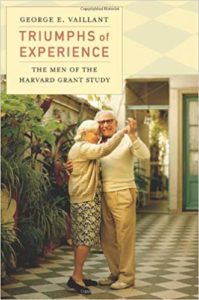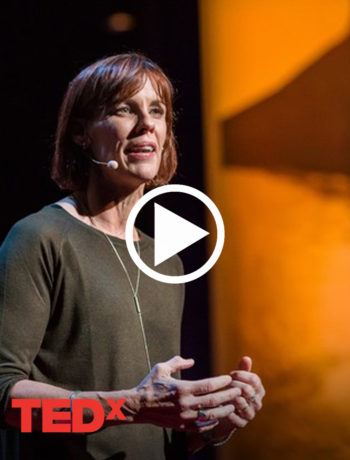You have one chance before it’s gone
Given the chance to buy an ideal life on eBay, many people would probably choose the one containing money & success. Yet, as studies have revealed, these two factors have little effect on true happiness and satisfaction in life.
So, what really matters at the end? In one of the most comprehensive longitudinal studies ever done, researchers of the Harvard Grant Study followed 724 men for over 75 years and have found the secret…
Love
The findings reveal good relationships are what keeps us happier and healthier, and the biggest predictor of your happiness and fulfillment overall in life is, basically, love.
Just as lack of food, water, and sleep have their detrimental effects, so too does the lack of affection. Having someone who cares about you and who you can count on helps your nervous system relax, helps your brain stay healthier for longer, and reduces both emotional and physical pain.
Someone to lean on
Life is not about what happens to you, but what happens inside of you. If you have someone in your life to support you through struggles and help you process your feelings, you’re more likely to work through hard times and feel peace in your life—good, warm and close relationships have the ability to buffer us from life’s blows. Conversely, if you don’t have someone there for you, you’ll internalize emotions, isolate yourself, and your trauma will turn into a lifetime of pain.
It doesn’t matter the amount of connections you have, it’s the quality of the relationships—how much vulnerability and depth exists within them; how safe you feel sharing with one another; the extent to which you can relax and be seen for who you truly are, and truly see another.
Worth the effort
Relationships are messy and they’re complicated, and they can be hard work tending to, but as the Harvard study has found, they’re well worth the effort.
- The Loveless were 3.5X more likely to be diagnosed as mentally ill (which includes serious depression, abuse of drugs and alcohol, and need for extended psychiatric care)
- The Loveless were 5X more likely to be unusually anxious
- The Loveless took more prescription drugs of all kinds, and were twice as likely to seek medical attention for minor physical complaints
“When the study began, nobody cared about empathy or attachment. But the key to healthy aging is relationships, relationships, relationships,” George Vaillant, director of the study says. Men who were loved, and learned to love, develop positive mental health, resilience, and a capacity for intimacy. These men went on to live the fullest, happiest, most successful lives.
Perhaps the most successful relationship example in the study was one of a particular couple who enjoyed doing various activities—they regularly sailed, took a yearly canoeing trip, and walked 3 miles a day together. They always kept a sense of humour about everything, and instead of resorting to passive aggression, they talked openly about their issues.
“The recent years of the Grant Study have shown that our lives when we are old are the sum of all of our loves.” – George Vaillant
After decades of studying the scope of men’s lives from ages 18-90, director of the study, George Valliant’s answer is this: “Happiness is love. Full stop.” He goes on to share the two pillars of happiness. “One is love,” he writes. “The other is finding a way of coping with life that does not push love away.”
Character traits matter too, but even then their real importance is helping us replace a scattered narcissism with the steady maturity that leads to rewarding relationships. We are ultimately here to love, and to be loved. Love leads to our ability to “put our trust in life” and the confidence to tackle our goals. Thus if we fill our lives with warm, rich relationships, all the other good stuff – career success, prestige, adventure – will be sure to follow.
Ideal Habits
Life it’s not what you’ve accomplished in a day, but how the day felt. In the end, we realize it was all so simple…yet we tend to get so caught up in the little meaningless details that we forget what truly matters.
Let go. Focusing more on what’s truly important, and not sweating the small stuff or worrying what other think.
Dive deep. Don’t engage in emotional avoidance. Acknowledge your emotions; don’t fight them, just sit with them. Breathe, relax, and allow them to ebb and flow.
Stay connected. A strong connection between happiness and close relationships with a partner, family, and friends creates mental and emotional boosters.
Get involved. Volunteering provides a sense of purpose and improves your mood.
Buy time and not “things.” Money cannot buy happiness, but how you spend it can affect your well-being.






No Comments